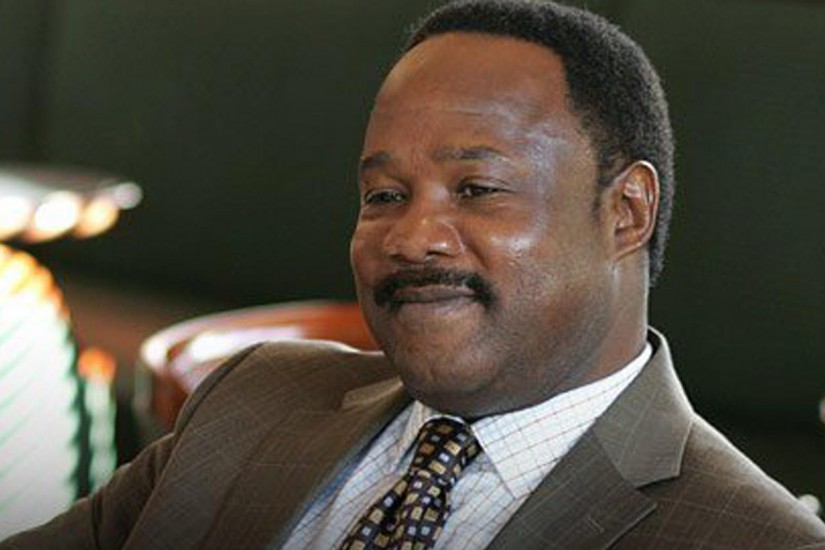David Simon recalled some assuming that the arrival of a white mayor to The Wire marked the introduction of the hero who would reform an inept system. “Um, just wait,” Simon would say. “Hero’s a big word.” Instead, in Season 3, Tommy Carcetti (Aidan Gillen), along with Maj. Bunny Colvin (Robert Wisdom) and Stringer Bell (Idris Elba), portrayed how little individual reformists are often able to influence archaic institutions. Carcetti started as a boyish, idealistic city councilman, but by the end of his arc, he allows his political ambitions to consume any original altruistic intentions. The Wire’s third season delved into Baltimore politics, depicting the overseers of a political system that allowed the police department to lurch aimlessly onward. The show arrived at the topic with most of its creative minds staunchly opposed. “They never convinced me,” Ed Burns insisted as late as 2016, and he may as well have spat when he said it.
But Simon remained steadfast in expanding The Wire’s horizon and mirroring the actual happenings in his Baltimore. The addition of Bill Zorzi to the writing staff aided that effort. No one knew the ins and outs of the local political scene quite like Zorzi. He was the son of a political journalist who had never accepted as much as a free doughnut at a presser during nearly two decades chronicling politics for The Baltimore Sun. Simon and Zorzi poured months into hammering authentic dialogue that politicians would use, though the most iconic line was created by an actor, when Isiah Whitlock Jr. (who played corrupt state senator Clay Davis) liberally stretched the word shit, which became one of the show’s most memorable catchphrases.
For many locals, the show’s examination of politics severely blurred fact and fiction. In one scene, the incumbent mayor, Clarence Royce, briefly ponders the morality of the de facto legalized drug markets created by Colvin and colloquially known as “Hamsterdam.” A health commissioner cautions him, “Better watch out, Clarence, or they’ll be calling you the most dangerous man in America.” Kurt Schmoke, a former Baltimore mayor, portrays the health commissioner. In reality, Schmoke’s mulling of decriminalizing drugs nearly ended his political career, with Rep. Charles Rangel labeling him America’s most dangerous man.
